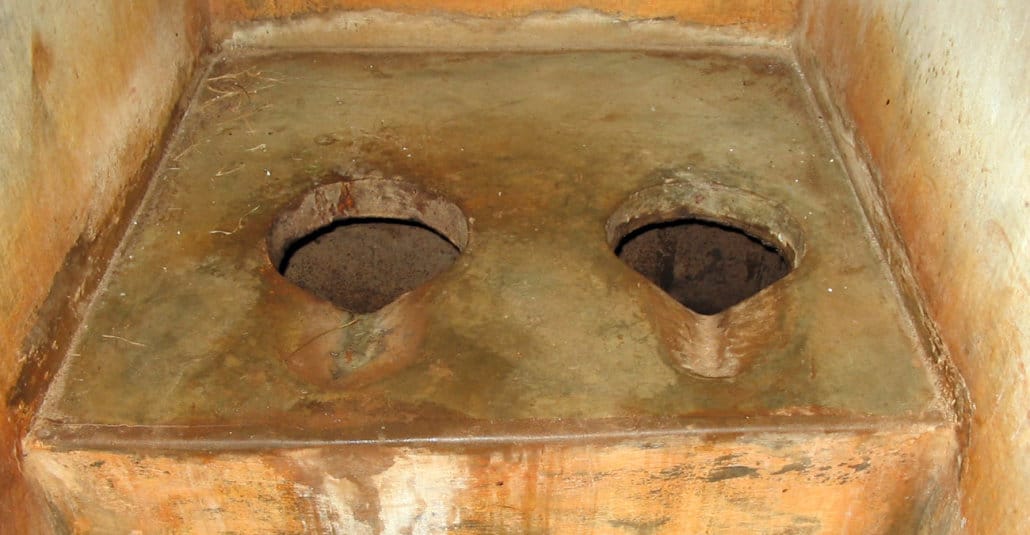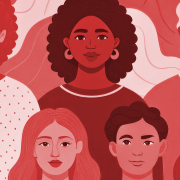|
Getting your Trinity Audio player ready...
|
By Moepeng Valencia Talane – CW Voices
“It is absolutely clear that we need to regain the universality of human rights, the indivisibility of human rights, and we need to find a new energy that motivates young people around the world.”
This quote is attributed to the UN’s high commissioner for human rights, Volker Türk, and embodies the organisation’s theme for International Human Rights Day on 10 December 2022, 48 years after the day was adopted by the UN General Assembly.
Indeed, it is a quote that should ring true for many countries around the world and inspire political leaders, as the preservation of human rights is the cornerstone of every government system. The reality, however, is that it rings not at all. Even Türk’s quote recognises that there has been a shift – gradual in some regions of the world- and not so much in others – from the spirit of protecting human rights.
One of the social ills that have interrupted that spirit is undoubtedly corruption. It robs the poor and marginalised of their right to dignity, and furthermore erodes confidence in the right to justice for all. Locally, corruption has robbed the youth of education, job and business opportunities; the elderly of a dignified standard of living; and everyone in between of the true value of their honest contribution to their country – their taxes.
The country finds itself in a number of crises linked to lapses in good governance, from state capture to political interference and bullying that make it near impossible for the powerful politically connected to be held to account. The Phala Phala saga, for example, is far from over, and is playing out the way it is in our democratic systems not because of a political vendetta against one man, but because, for a genuine course of true justice and accountability to prevail, all stones have to unturned and there should be accountability from all involved.
In true political scandal fashion, however, Phala Phala has taken centre stage for too long, overshadowing the causes of ordinary South Africans who also need the urgent attention of elected representatives. Their plight against poverty and neglect represents the public interest doctrine to which members of Parliament have a responsibility.
Children’s rights fall by the wayside
There is no sadder state of affairs than that of a child who goes to school in the morning as usual, and does not return. Four-year-old Langalam Viki lost her life two weeks ago at her school in Glen Grey, Eastern Cape. She was found to have fallen inside a pit toilet, after a lapse in judgment, if an official statement of the provincial education department were to be taken at face value. “Why would she choose a toilet that she is not familiar with?” is the question asked by the department in response to the tragic news of the discovery of her lifeless body.
A more appropriate question is this: why is this child’s rights to life, dignity and education not a priority when the national and provincial powers in education set up plans for every year’s work?
Or, if we are to go with a more universal approach, why do we still have pit toilets in schools in 2023?
She is not lost only to her parents and fellow learners, she is lost to the country, because her basic rights of life, safety and education were not prioritised.
President Cyril Ramaphosa in 2018 announced the Sanitation Appropriate for Education (Safe) initiative to eradicate all pit toilets in schools following legal action against the Department of Basic Education (DBE) in the Michael Komape case which had similar circumstances.
But the wheels of project implementation roll slowly, and the result is the failure by our government in enforcing human rights.
Our reality, sad and peculiar as it is, is that Michael’s death was the wake-up call that the country needed and a catalyst to Safe, which is meant to have ensured that children like Langalam never have to experience pit toilets. But by September 2021, three years after Safe was launched, the DBE had not realised the project’s objectives, as evidenced by a circular on the matter. Amnesty International says in its country report for South Africa, 5 167 pit toilets remain in use.

Poor governance costs lives
Corruption Watch’s Sound the Alarm report, released in September 2022, points to many irregularities in governance in the education sector. The Eastern Cape is among the three provinces with the most number of complaints of corruption reported to the organisation in the period between 2021 and 2022.
The province has been under CW’s spotlight for years, with the main focus being on the education sector’s dire state of affairs.
The case of Macosa Junior Secondary School in Mqanduli raised eyebrows in 2013 after an initial investigation found that it had no proper furniture for teachers and learners alike. A year later, during his state of the nation address, then president Jacob Zuma announced an elaborate project to furnish schools in the province.
How these announcements at national executive level do not expediently trickle down to provincial and district level as a matter of urgency is a major concern.
If in 2014 and later in 2018 schools in the Eastern Cape were to receive the attention they were promised and proper, safe infrastructure were to be installed, we as a country would not have lost this little girl. She is not lost only to her parents and fellow learners, she is lost to the country, because her basic rights of life, safety and education were not prioritised.
The indivisibility of human rights, as Türk so rightly points out, is not something to overlook and ignore.
If our government’s own Human Rights Day theme for 2023, “Consolidating and Sustaining Human Rights Culture into the Future” is to be taken seriously, then we as a society would honour the spirit of little Langalam by ensuring that there are no more deaths like hers, caused by sheer negligence.
So far, we are not doing a great job of protecting our learners from Langalam’s fate of if we do not recognise the urgency of the human rights element of neglect that happens because of corruption and mismanagement, whether in our schools or elsewhere.









Leave a Reply